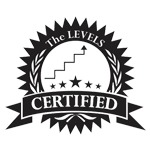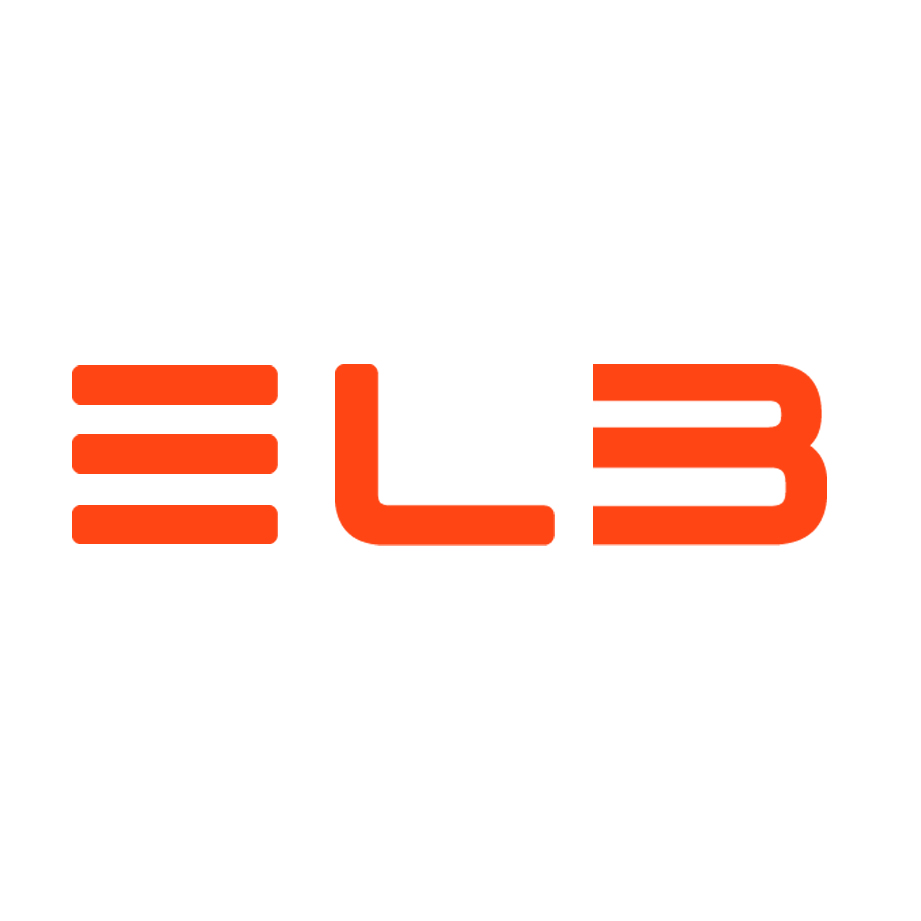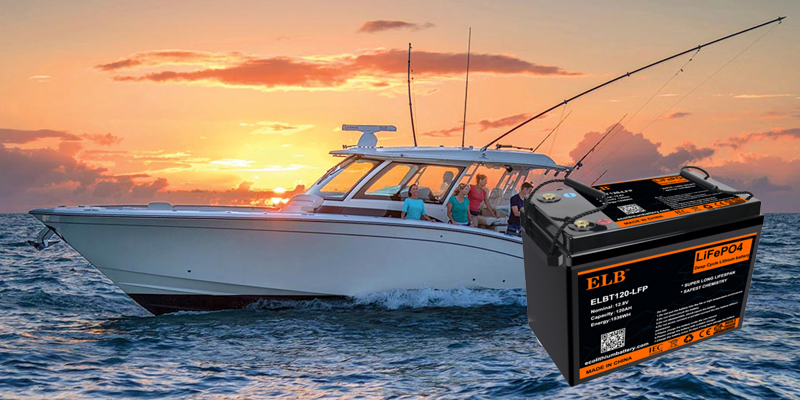
What Is The Marine Lithium Battery?
Marine lithium battery are designed typically for use on a boat.
There are three basic types of marine batteries:
Marine Starting Batteries
Marine starting batteries have big CCA(Cold Cranking Ampere), which are always provide quick but powerful energy over short periods of time and are designed to start the engine. A starting battery should not be used for trolling motors or powering appliances.
Marine Deep Cycle Batteries
The marine deep cycle batteries have big CCA(Cold Cranking Ampere), which are designed to discharge slowly over a long period of time and to withstand several hundred charging and discharging cycles. A deep cycle battery is the right choice for powering an electric trolling motor and other battery-powered accessories such as a windlass, fish locators, depth finders, audio systems, and applicances. Deep cycle batteries should not be substituted for starting batteries.
Marine Dual-Purpose Batteries
Combine the advantages of starting and deep cycle battery, the dual-purpose batteries can be used for starting purpose and power the applicances purpose.
What Is The Unique Advantage Of ELB Marine Lithium Battery?
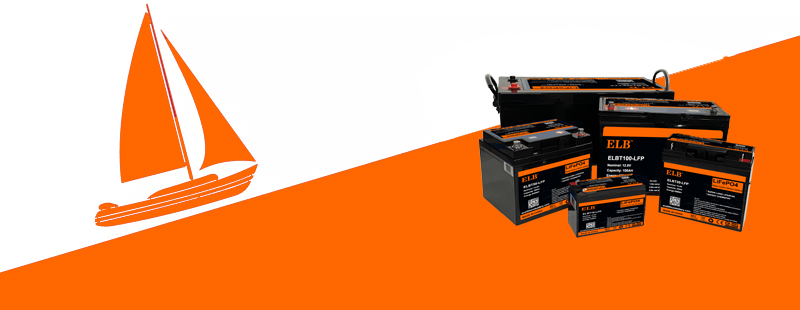
Lightweight And Compact
The electrodes (lithium and carbon) commonly used in lithium-ion batteries are inherently light. Making them smaller and lighter than older batteries such as lead-acid batteries. For comparison, a typical 100Ah (= amp hour) Li-Ion battery weighs about the same as a 40Ah lead-acid battery (about 10-12kg). But has more than twice the capacity.
100% Depth Of Discharge (DOD)
Maximize your energy potential with 100% Depth of Discharge. This means that you can use 100% of the battery’s capacity to power your specific needs. Lead-acid/ AGM batteries slowly decrease their power and performance while the charge depletes.
High Energy Density
Lithium has the ability to release and store large amounts of energy. Enabling lithium-ion batteries to package high energy capacity in a small size. This means that a lithium-ion battery of the same weight will last much longer between charges than other rechargeable batteries. While still maintaining its high level of performance.
Low Maintenance
Older rechargeable battery types, such as nickel-cadmium or nickel-metal hydride batteries, have what’s called the “memory effect” or “inert cell effect”. If repeatedly partially discharged before charging, the final battery can only supply locally before the voltage drops. Energy used during discharge. To avoid this, NiCd and NiMH batteries need to be fully discharged and recharged on a regular basis for maintenance.
Lithium-ion batteries don’t suffer from memory effect, which means they always use up the last bit of charge. Whether you’re using 100% or 25% capacity, you can charge them without tedious maintenance!
Long Lifespan
High-quality ternary lithium-ion batteries last for about 1000 full charge cycles, and lithium iron phosphate batteries last for about 4000 full charge cycles. A full charge cycle is when the battery is discharged to depletion and then charged to full, so using the battery until it reaches 75% capacity and then plugging it in to charge does not constitute a full charge cycle. When your battery is recharged, you can still use 75% of the charge remaining before charging; only then can your battery complete a full charge cycle.
Low Self-discharge Rate
Lithium-ion batteries also have relatively low self-discharge rates. Self-discharge is a natural, irreversible phenomenon for batteries, where chemical reactions inside the battery reduce the capacity of the battery, even when the battery is not being used. The self-discharge rate of Li-ion batteries peaks at around 3% in the first 24 hours after charging, and then gradually decreases to 1-2% per month. In comparison, nickel-based rechargeable batteries lose about 10-15% of their capacity after charging, and another 10-15% per month.
Lightweight And Compact
The electrodes (lithium and carbon) commonly used in lithium-ion batteries are inherently light. Making them smaller and lighter than older batteries such as lead-acid batteries. For comparison, a typical 100Ah (= amp hour) Li-Ion battery weighs about the same as a 40Ah lead-acid battery (about 10-12kg). But has more than twice the capacity.
How Long Do Marine Lithium Batteries Last?
Marine lithium batteries usually last for 4,000 times cycles. This usually translates to lithium batteries lasting ten years or longer. While lead acid batteries only last 1,000 to 1,500 times cycles. Conversely, most lead-acid manufacturers offer warranties between one and five years.
Also the marine lithium batteries are lower maintenance than lead acid batteries. Lead acid marine batteries need to be kept topped up with water to protect the lead plates inside them. And they will become damaged if they are allowed to get too hot or too cold. However, the lithium battery are sealed and maintenance free.
Are Lithium Batteries Safe on Boats?
The answer is yes, lithium batteries are safe for marine and boat applications. Lithium batteries are sealed, which means that moisture and even a bit of water splashing on them will not cause harm.
Additionally, We ELB lithium batteries are built in an internal battery management system (BMS). The BMS will detect battery real-time conditions. And shut down the battery to prevent damage or thermal runaway.
Are Lithium Batteries Worth The Money For My Boat?
ELB marine lithium batteries usually cost around $300usd for a 12V 100 Ah capacity battery. The upfront cost is significantly more expensive than the lead-acid counterparts available, but the overall long-term cost is lower.
The lithium battery can last 4,000times, the cost per cycle is $300usd/4000times=$0.075usd per cycle.
however, the lead acid battery can last 8,00times around, the cost per cycle is $150usd/800times=$0.18usd per cycle.
Also we all know, the benefits of significant weight reduction, increased efficiency, added safety, and a much longer lifespan.
When you factor everything in, not only are lithium marine batteries actually cheaper in the long run, they’re absolutely worth the investment.
But if you only use your boat 10-20 times a year. Or you just run lights and navigation equipment, then lead-acid still probably wins by being more cost effective.
But buy the best you can find, with a gel type top of the list. Keep it well charged up and with sensible use it will last 5 years.
But once you start going out more often, or running an inverter. Then lithium battery becomes worth installing. the lithium battery can run 4,000times as I mentioned above.
How To Install The Lithium Battery In a Boat/Marine?
ELB batteries are designed to suit your specific power needs, so you can link multiple batteries together in series or parallel (or both!).
When you connect batteries in series(negative to positive), the voltage will increase while the amp hours remain the same (4 x 12V 100Ah batteries = 48V 100Ah total).
When you connect batteries in parallel (negative to negative and positive to positive), the amp hours will increase while the voltage remains the same (4 x 12V 100Ah batteries = 12V 400Ah total).
About the battery charging technology, please visit our article《Lithium Battery Charging: The Definitive Guide》
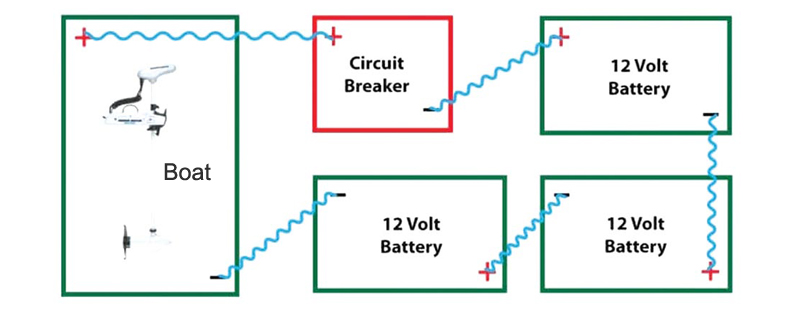
Where I Can Sourcing The Best Marine Lithium Batteries?
ELB technical team succeed to developed 12V 24V 36V marine lithium battery already. Also if you wannt to do the customized marine lithium battery, please connect with ELB technical team to provide the scheme and quotation.


